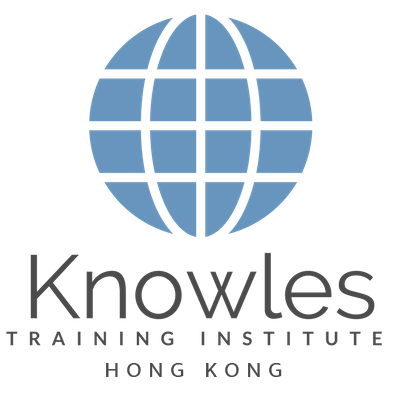Activity-Based Costing (Abc) Training Course in Hong Kong
Our corporate training course is also available in Kowloon, Sha Tin, Tsuen Wan, Tuen Mun, Yuen Long Kau Hui, Tseung Kwan O, Tai Po, Sai Kung, Yau Ma Tei, Mong Kok, Kwun Tong, Tung Chung, Fanling – Sheung Shui, Sheung Wan, Causeway Bay, Wan Chai, Tin Shui Wai, Tai Kok Tsui, Ma On Shan, Cheung Sha Wan, Hung Hom, Admiralty, Central, Tsim Sha Tsui, Tsing Yi, North Point, Lam Tin, Aberdeen, Wong Tai Sin, Sham Shui Po, Lantau Island, Repulse Bay.
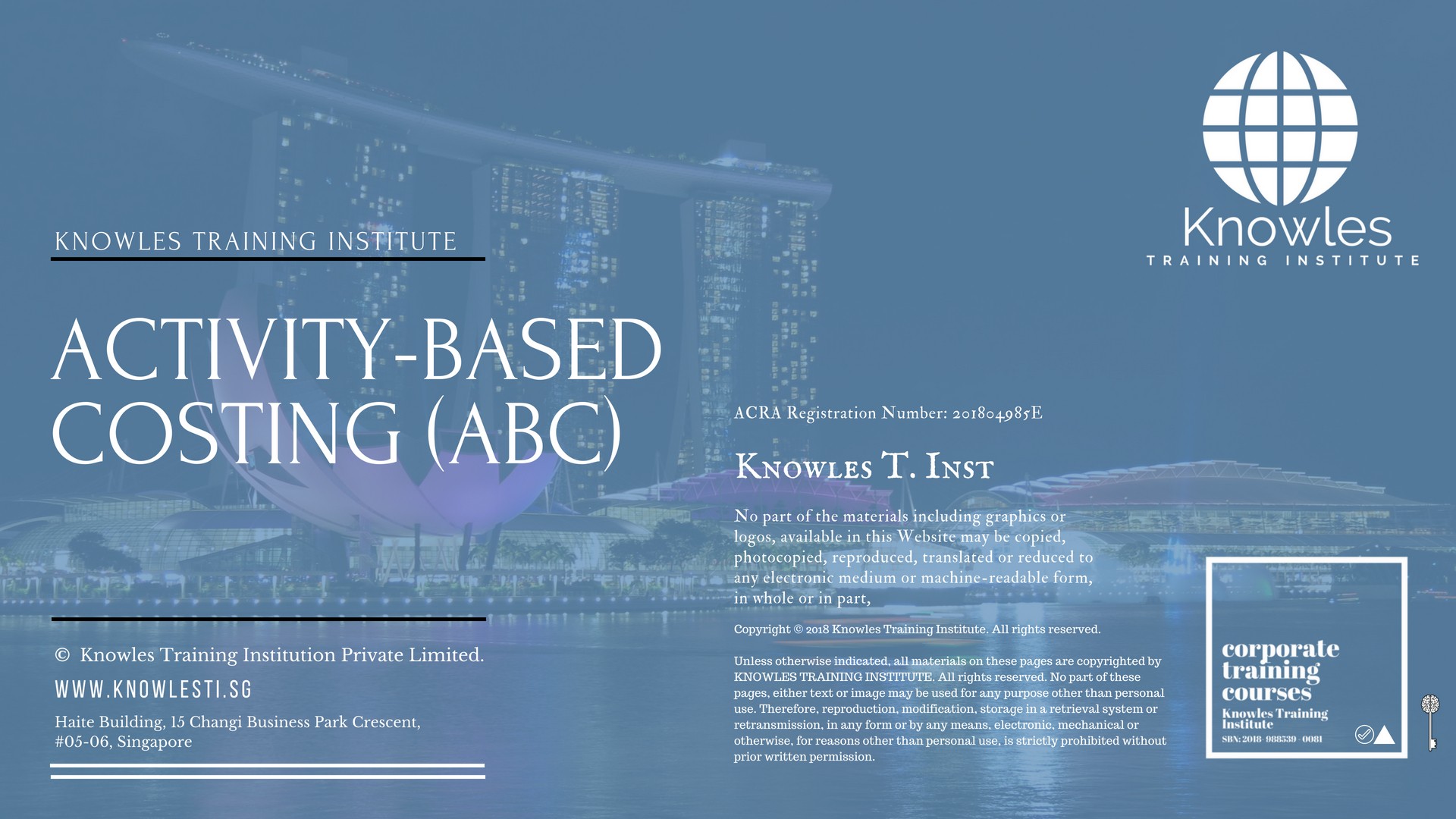
About This Activity-Based Costing (Abc) Training Course in Hong Kong
Activity-Based Costing (Abc) Course in Hong Kong
Activity-based costing (ABC) is a method of cost accounting that has been mostly used by the manufacturing industry. This is because ABC takes into consideration the costs spent on the activities (or manufacturing) leading to the production of the product. This produces a more accurate assignation of true costs to the final products.
Who Should Attend This Activity-Based Costing (Abc) Course in Hong Kong Workshop
This Activity-Based Costing (Abc) Course in Hong Kong workshop is ideal for anyone who would like to gain a strong grasp and improve their Activity-Based Costing (Abc).
All Staff Within An Organisation
Managers
Team Leaders
Executives
Assistants
Officers
Secretaries
Group Size For This Activity-Based Costing (Abc) Training Program in Hong Kong
The ideal group size for this Activity-Based Costing (Abc) course in Hong Kong is:
Minimum: 5 Participants
Maximum: 15 Participants
Course Duration For This Activity-Based Costing (Abc) Skills Course in Hong Kong
The duration of this Activity-Based Costing (Abc) Course in Hong Kong workshop is 2 full days. Knowles Training Institute Hong Kong will also be able to contextualised this workshop according to different durations; 3 full days, 1 day, half day, 90 minutes and 60 minutes.
2 Full Days
9 a.m to 5 p.m
Activity-Based Costing (Abc) Course in Hong Kong Benefits
Below is the list of course benefits of our Activity-Based Costing (Abc) course in Hong Kong
- Understand what Activity-Based Costing is.
- Recognize how ABC is being applied today
- Learn how to use an ABC management system
- Appreciate the benefits of Activity-Based Costing
- Have the ability to discern whether a company should adapt an ABC management system
- Execute an effective transitioning between an old system to an ABC management system
- Study how to construct a ABC based system for the company
- Apply a merger between the existing database and an ABC based management system
- Deploy an ABC management system effectively
- Understand how to manage and maintain the Activity-Based Costing format in a company
- Learn the possible errors faced when deploying an Activity-Based Costing system
- How to sustain the Activity-Based costing system for long term in a company
Activity-Based Costing (Abc) Course in Hong Kong Objectives
Below is the list of course objectives of our Activity-Based Costing (Abc) course in Hong Kong
- Define Activity-Based Costing (ABC)
- Evaluating the management role of ABC in modern organizations
- Discuss the usage of activities measures in the ABC system
- Determine how an ABC system can benefit a company’s costing process
- Evaluate the best scenarios when an ABC system can be implemented
- Present the steps in designing an ABC System in an organization
- Classify the necessary steps to build an ABC system database
- Assess proper steps to integrate an ABC system database on to an existing ERP system
- Identify the necessary steps to implement the Activity Based Management system
- Illustrate how to manage and maintain an organization through resource allocation, value analysis, and analysis of activity efficiency.
- List what to avoid in implementing an ABC system
- Learn how to sustain an ABC system in an organization for long term application
Course Content For This Activity-Based Costing (Abc) Training Course in Hong Kong
Below is the list of course content of our Activity-Based Costing (Abc) training course in Hong Kong
- What is Activity-Based Costing (ABC)?
- How Activity-Based Costing is applied today
- Utilizing Activities Measures in an ABC System
- How Activity-Based Costing can benefit your company
- Should my company adapt the Activity-Based Costing management system?
- Transitioning to an Activity-Based Costing system
- Building the ABC database for your company
- Integrating current database with an ABC system database
- Steps to take in launching the ABC system
- Managing and maintaining the organization with the ABC system
- What to avoid during the implementation of the ABC system
- Long-Term application of Activity-Based Costing in an Organization
Activity-Based Costing (Abc) Course in Hong Kong Value Added Materials
Each participant will receive the following materials for the Activity-Based Costing (Abc) course in Hong Kong
Activity-Based Costing (Abc) Course in Hong Kong Learner’s Guide
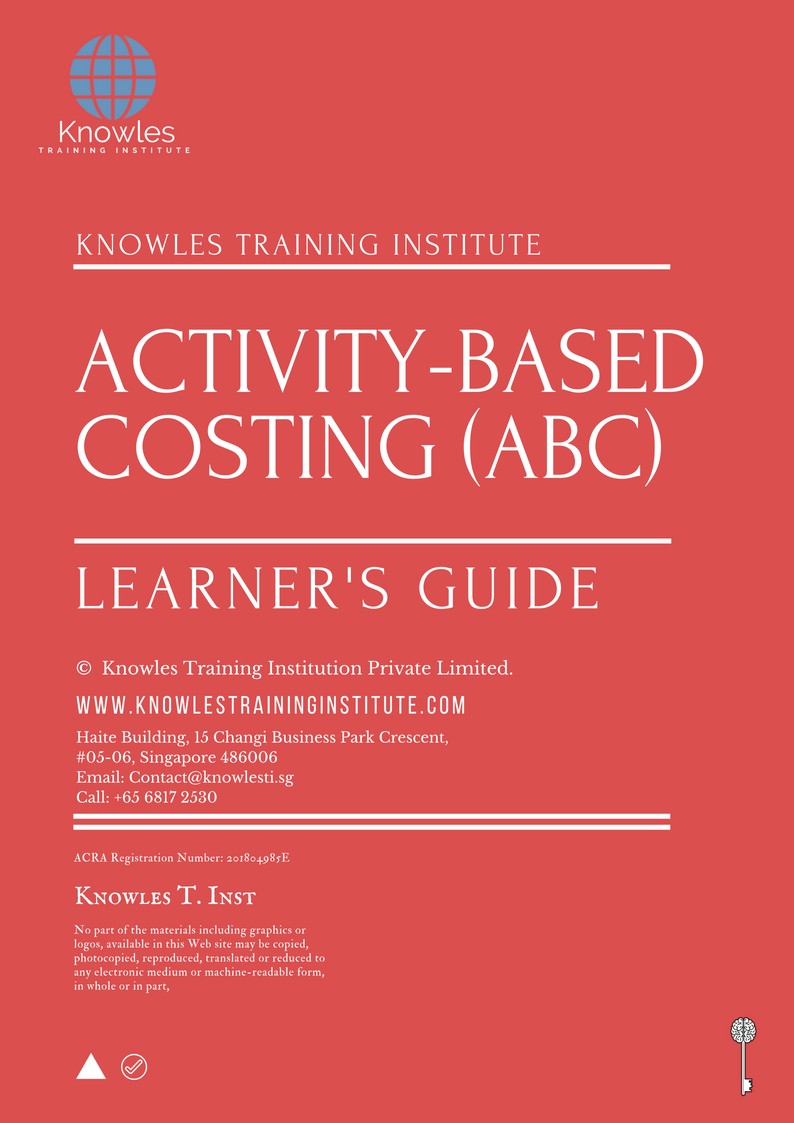
Activity-Based Costing (Abc) Course in Hong Kong Handouts
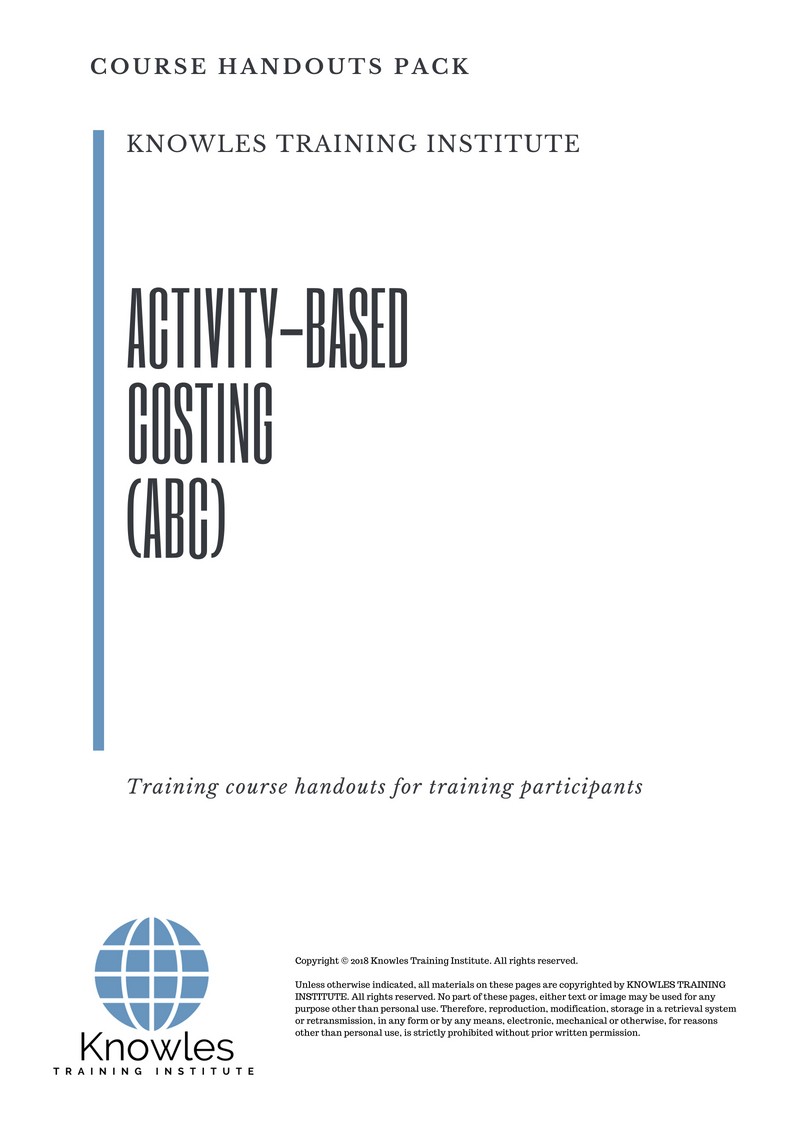
Activity-Based Costing (Abc) Course in Hong Kong PPT Slides Used During Course
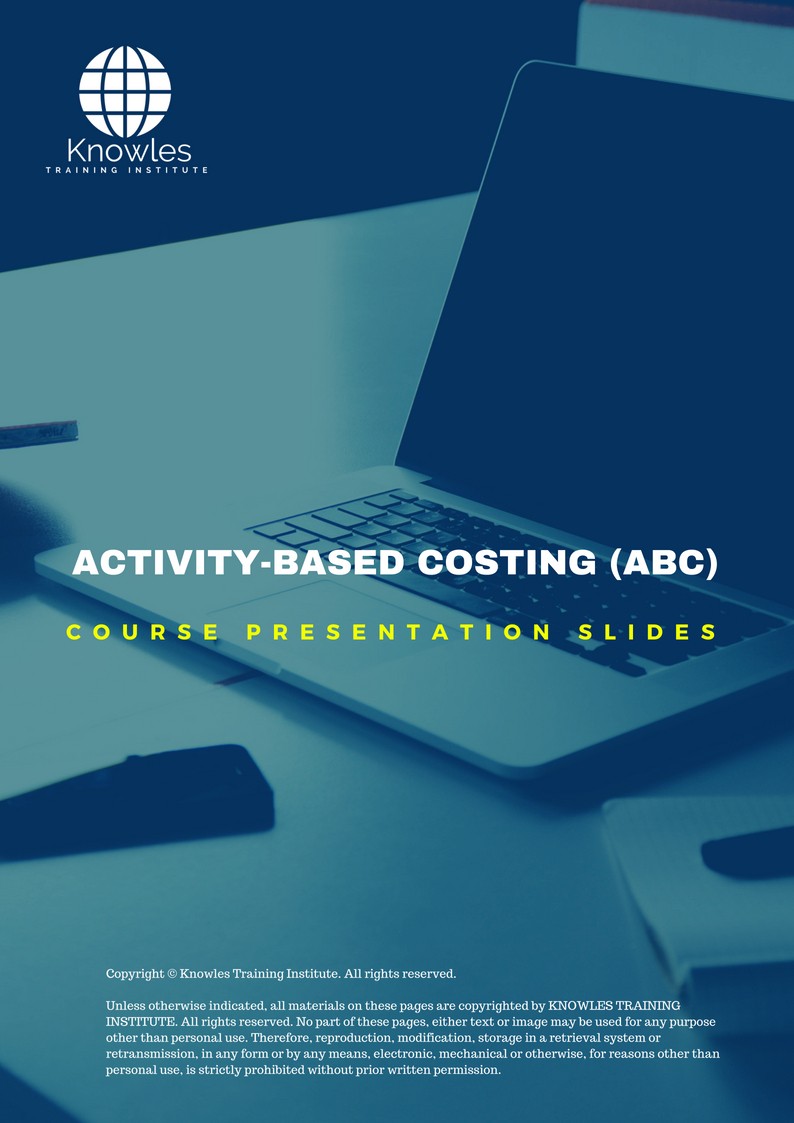
Activity-Based Costing (Abc) Course in Hong Kong Certification
Each course participant will receive a certification of training completion
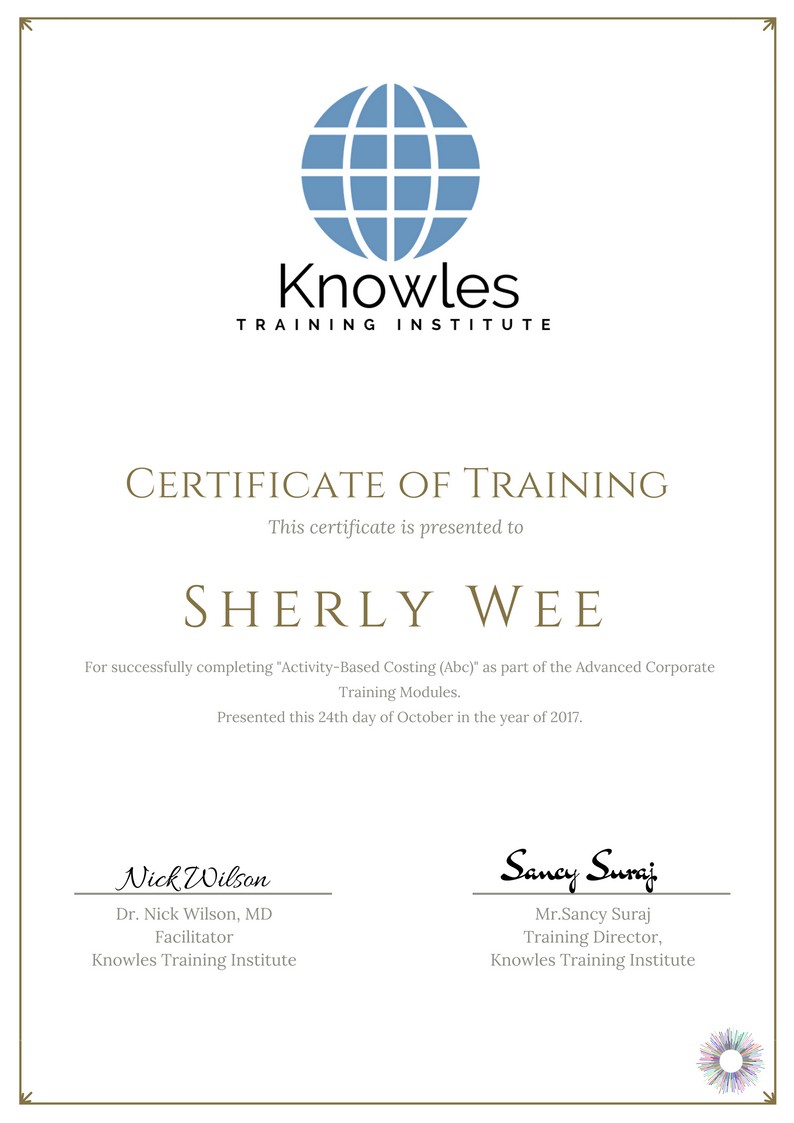
Courses Fees For Activity-Based Costing (Abc) Training Course in Hong Kong
There are 4 pricing options available for this Activity-Based Costing (Abc) training course in Hong Kong. Course participants not in Hong Kong may choose to sign up for our online Activity-Based Costing (Abc) training course in Hong Kong.
- USD 1,019.96 For a 60-minute Lunch Talk Session.
- USD 434.96 For a Half Day Course Per Participant.
- USD 659.96 For a 1 Day Course Per Participant.
- USD 884.96 For a 2 Day Course Per Participant.
Discounts available for more than 2 participants.
Upcoming Activity-Based Costing (Abc) Training Course in Hong Kong Schedule
Contact us for the latest Activity-Based Costing (Abc) course in Hong Kong schedules:
Email: contact@knowlesti.hk
Message:
Download Activity-Based Costing (Abc) Course in Hong Kong Brochure
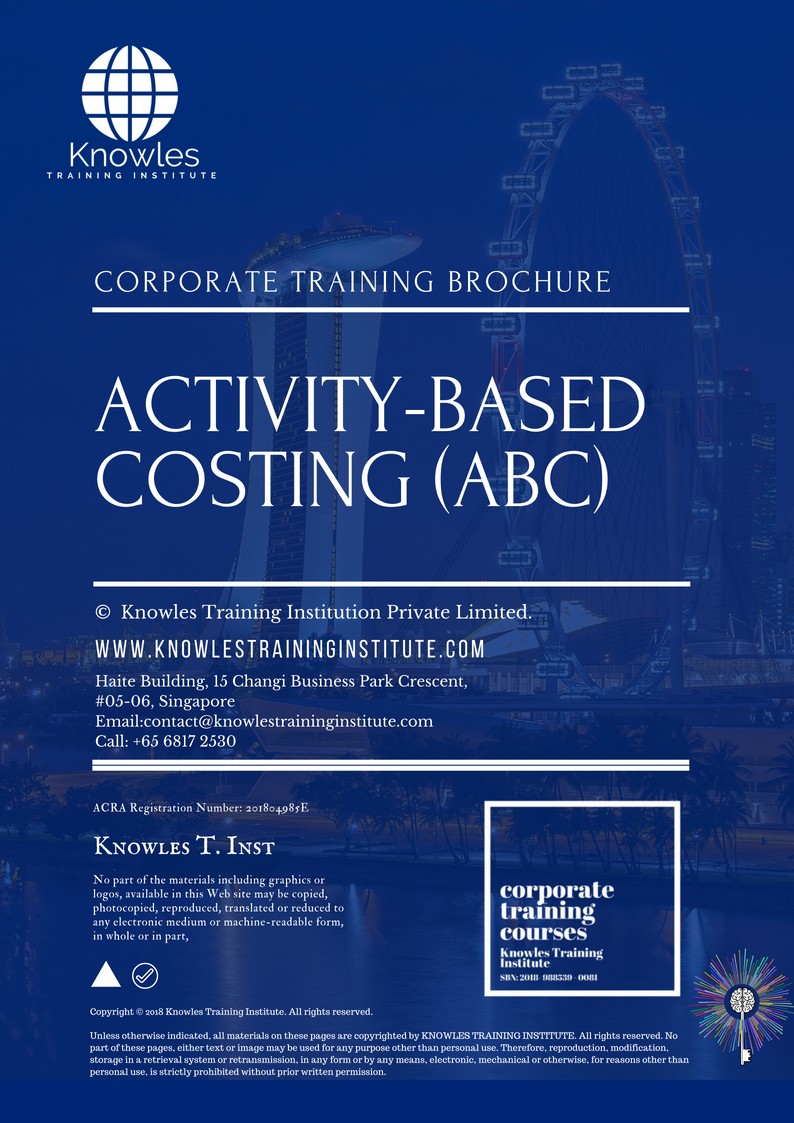
Request for this Activity-Based Costing (Abc) course in Hong Kong brochure. Fill up the short information below and we will send it to you right away!
Post Training Support: A vast majority of training does not have any effect beyond 120 days. To work, training has to have a strong pre- and post-training component. Post-training reinforcement helps individuals to recall the understanding and ask questions.
Blended Learning: Learning does not occur in the classroom. Virtually everybody prefers distinct ways of learning. Successful learning should have a multi-channel, multi-modal strategy.
- We Understand The Industry: We’ve got a profound comprehension of the business, business design, challenges, strategy and the that our participants are in and have designed the courseware to cater to their professional needs.
- Course Content: Knowles Training Institute’s material is relevant, of high quality and provide specific learning results. Participants will leave the training course feeling as they have gained a strong understanding and will also be in a position to execute what they have learned sensibly.
Course Development — The workshop modules follow a systematic and logical arrangement. This structure helps to ensure that the course material allows the facilitators to deliver the course in a logical arrangement. Consider the subjects as building bricks into learning, our facilitators slowly build towards a comprehensive picture of this entire topic.


Course Enquiries
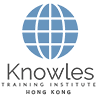
Fill up the form and we will get back to you in less than 1 working day.
Alternatively, give us a call to have one of our training consultants contact you. Our corporate training courses can be contextualized to meet your organization’s training needs. Leverage on our large pool of professional trainers and consultants for your organization’s training needs.
Email: contact@knowlesti.hk
We Guarantee 100% Privacy. We Respect Your Privacy. Your Information Will Never Be Shared.
